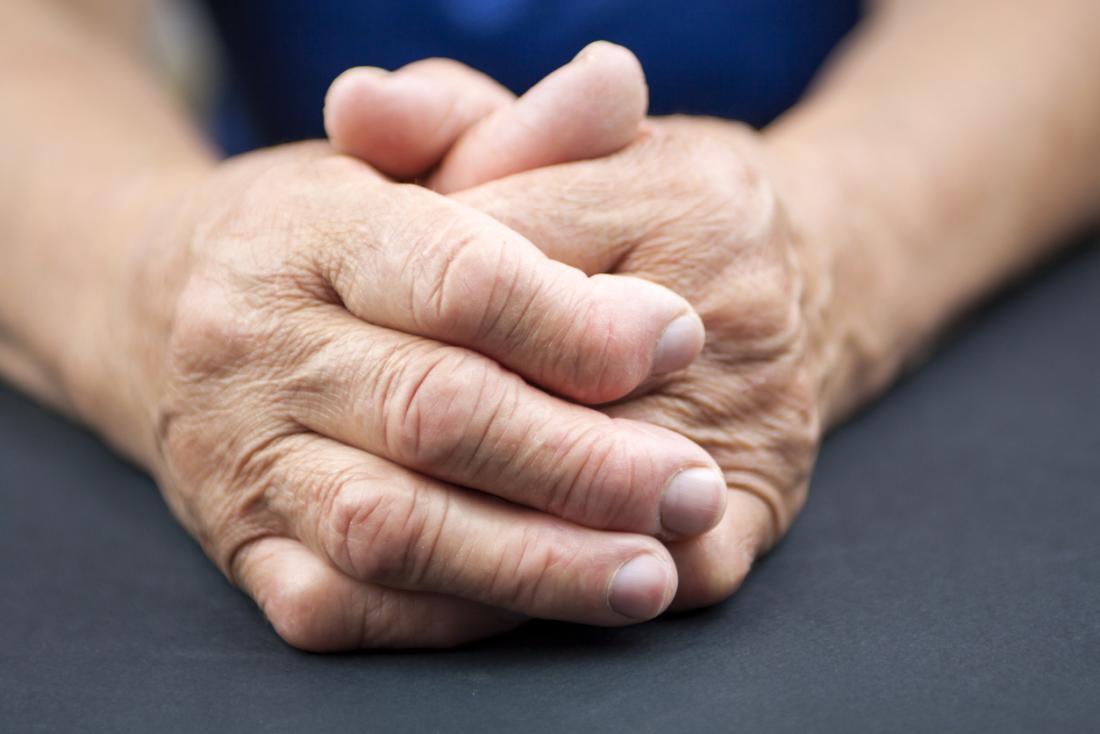
Rheumatoid arthritis is the most common form of autoimmune arthritis, affecting a large number of people. Of these, about 75 percent are women. The disease most often begins between the fourth and sixth decades of life.
Rheumatoid arthritis is a chronic disease that causes pain, stiffness, swelling, and limitation of movement and function in many joints. The disease can affect any joint, but the small joints in the arms and legs are usually most affected. Sometimes inflammation can also affect other organs, such as the eyes or lungs.
The stiffness seen with active arthritis is most often worse in the morning. This state can last from one to two hours, or even a whole day. Stiffness for a long time in the morning is a sign that you may have rheumatoid arthritis, as few other types of arthritis behave this way.
The psychogenic origin of rheumatoid arthritis was noted back in 1892 by Sir William Osler, a coryphaeus of English medicine, who said that "... such mental factors as grief and emotional shock can contribute to the development of rheumatoid arthritis." One of the founders of psychosomatic medicine, Franz Alexander, included rheumatoid arthritis in his "magnificent seven" - a list of the seven major psychosomatic diseases. Modern research confirm this conclusion, pointing out that "the treatment of patients with rheumatoid arthritis in almost 100% of cases (with rare exceptions) should include psychotherapy", and its "absence in standard treatment regimens significantly reduces the effectiveness of therapeutic care."
A promising treatment for inflammation and pain associated with rheumatoid arthritis is infusion treatment with ketamine. After a series of infusions, patients report a significant reduction in pain, swelling and inflammation.
Combining psychotherapy with ketamine infusions, transcranial electrical stimulation (TES), rehabilitation of the brain "Neurohelp", body-oriented therapy and kinesiotherapy, it is possible to achieve a significant improvement in the health of patients.
